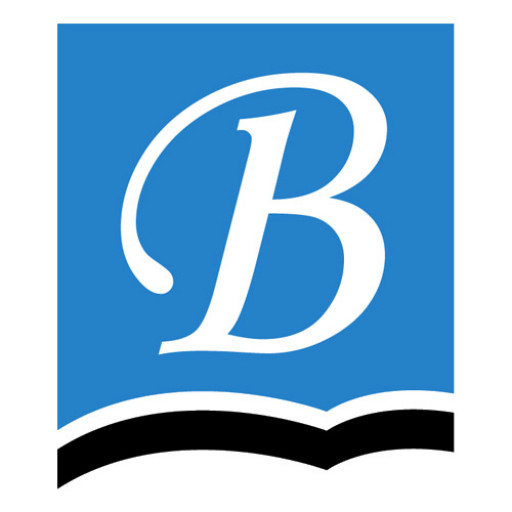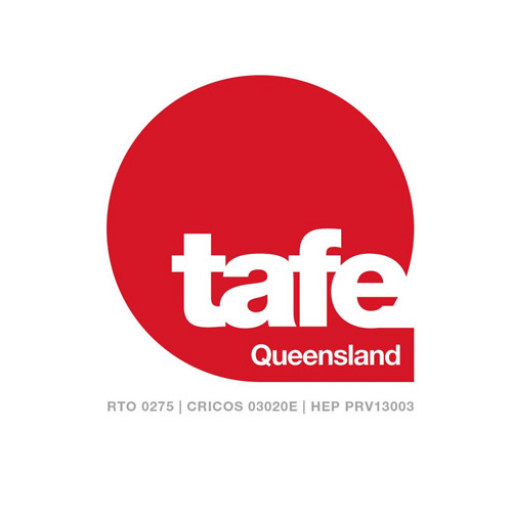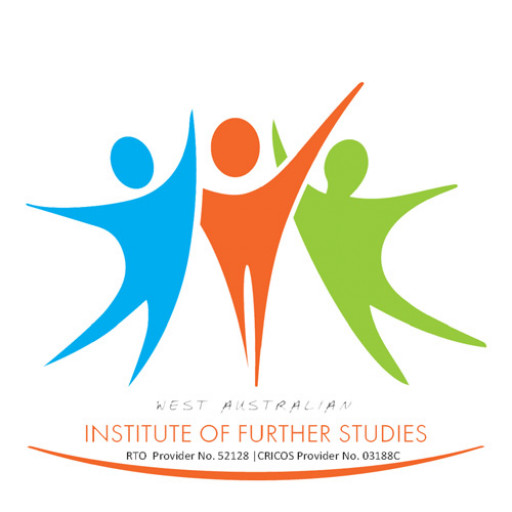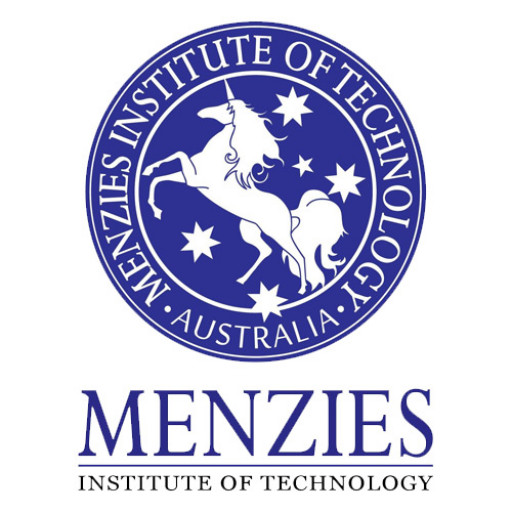Photos of university / #rmituniversity
This qualification reflects the use of workers who assist a dentist, dental hygienist, dental prosthetist, dental therapist or oral health therapist during oral medical care procedures. Their role includes maintaining high standards of disease management, assisting with training administration and encouraging quality and professionalism at the dental sector.To achieve this qualification, the candidate will need to have completed at least 250 hours of are detailed at the Assessment Prerequisites of their components of competency.No licensing, legislative, regulatory or certification conditions apply to the qualification during book.
The Bachelor of Dental Assisting at RMIT University is a comprehensive program designed to prepare students for a dynamic and rewarding career in the dental healthcare industry. This course provides a balanced combination of theoretical knowledge and practical skills, enabling graduates to work confidently as dental assistants across a variety of dental settings. Throughout the program, students will explore essential subjects such as dental anatomy, oral health sciences, infection control, radiography, and clinical procedures, ensuring a thorough understanding of the dental field. Emphasis is also placed on developing excellent communication and patient management skills, which are vital for effective interactions with patients and dental teams. The curriculum incorporates hands-on training through simulated environments and real-world placements, giving students valuable experience in dental clinics and hospitals. This practical approach ensures graduates are workplace-ready and capable of supporting dentists and dental hygienists in delivering high-quality patient care. The program also covers topics related to dental practice management, ethical considerations, and professional conduct, preparing students for the operational aspects of a dental assisting career. Graduates of this program will be equipped with the necessary competencies to perform a wide range of clinical tasks, including chairside assistance, sterilization procedures, and dental record management. With an emphasis on patient safety and professional standards, the Bachelor of Dental Assisting aims to produce competent, ethical, and compassionate practitioners ready to contribute effectively to oral health services. Upon completion, students may pursue employment opportunities in private practices, public dental clinics, hospitals, or pursue further studies in dental or health-related fields. The program aligns with industry requirements and is designed to support ongoing professional development, ensuring graduates remain competitive in the evolving dental industry.
Program Requirements for Bachelor of Dental Assisting (RMIT University):
Applicants are required to meet the following admission criteria to be considered for enrollment in the Bachelor of Dental Assisting program at RMIT University. Prospective students should have successfully completed secondary education equivalent to Australian Year 12 with a minimum academic performance that aligns with the university’s standards. Prior background in health sciences or related fields is advantageous but not mandatory. International students must demonstrate proficiency in English, with acceptable tests including IELTS (overall band score of 6.5 or higher), TOEFL iBT (minimum score of 90), or equivalent recognized qualifications. Additionally, applicants must submit a completed application form along with certified academic transcripts and proof of English proficiency. RMIT values practical skills and commitment to the profession; therefore, relevant work experience or volunteer activities in healthcare settings can strengthen an application.
In terms of program prerequisites, prospective students should possess foundational knowledge in biology and chemistry. This typically entails completion of high school science courses or their equivalents. The program emphasizes both theoretical understanding and practical skills; thus, applicants must be prepared to undertake rigorous study, including laboratory work, clinical placements, and simulated training environments. Immunizations are a mandatory requirement for clinical placements to ensure health and safety standards are maintained for students and patients alike. Students are also expected to undergo a police check to verify suitability to work with vulnerable populations and to provide a health declaration confirming fitness to undertake clinical activities.
Once enrolled, students are required to successfully complete all coursework units, which include dental anatomy, radiography, infection control, chairside assisting, and dental materials. Clinical placements are integral to the program, providing hands-on experience in dental practices and clinics. Successful completion of placement assessments, along with theoretical coursework, is essential to progress and graduate from the program. The program may also require students to adhere to RMIT's code of conduct and professional standards, including confidentiality, ethical practice, and respectful patient care.
In summary, the key program requirements include minimum educational qualifications, English language proficiency, health and safety clearances, relevant science prerequisites, and active participation in both academic and clinical components. These requirements ensure that graduates are well-prepared to enter the workforce as competent and ethical dental assistants, equipped with the necessary skills, knowledge, and professional attitude to support dental practitioners and provide quality care to patients.
The Royal Melbourne Institute of Technology (RMIT) offers comprehensive financing options for students enrolled in the Dental Assisting program to support their educational and living expenses throughout the duration of their studies. Domestic students can benefit from a range of government-funded schemes, including HELP loans, which cover tuition fees and allow students to defer payment until their income reaches a specified threshold. These schemes include the FEE-HELP program, which is available for full-fee paying students wishing to reduce their upfront payment burden, and the VET Student Loan program for eligible vocational education students. In addition to government assistance, RMIT provides various scholarships and bursaries specifically targeted towards students pursuing health-related programs, including Dental Assisting. These scholarships are awarded based on academic merit, financial need, or specific criteria such as regional background or Indigenous status, and they can significantly reduce the overall cost of education.
International students enrolling in the Dental Assisting program should be prepared to self-finance their studies, as government assistance schemes generally do not apply to them. They are advised to Budget carefully, considering tuition fees, accommodation, health insurance (Overseas Student Health Cover), and living expenses. RMIT offers flexible payment options, including payment plans that allow students to pay tuition fees in installments over the semester, easing the financial burden. Additionally, students may explore external financial aid sources such as bank loans, sponsorships, or family support, to cover their expenses. RMIT's dedicated student financial services team provides guidance and assistance in selecting the most suitable funding options and understanding the application procedures, deadlines, and eligibility requirements. Overall, the university’s aim is to ensure that financial constraints do not impede talented students from accessing quality education in Dental Assisting, making it an attainable pathway for students from diverse backgrounds.
The Bachelor of Dental Assisting at RMIT University is a comprehensive program designed to prepare students for a career in the dental assisting field. This undergraduate degree provides students with a solid foundation in dental sciences, healthcare principles, and practical skills essential for supporting dentists in clinical settings. The curriculum covers a wide range of topics, including dental anatomy, microbiology, radiography, patient care, infection control, and practice management. Students also gain hands-on experience through clinical placements, where they work under supervision in real dental clinics, developing their technical skills and professional confidence.
The program emphasizes a multidisciplinary approach, integrating knowledge from health sciences, communication, and ethics to ensure graduates are well-equipped to deliver high-quality patient care. RMIT’s state-of-the-art simulation laboratories and industry partnerships facilitate practical learning and exposure to current industry standards. Students are trained in the use of modern dental equipment and technology, preparing them for employment in diverse dental practice environments such as general practices, specialist clinics, and public health settings.
Graduates of the program are eligible to register as dental assistants with the relevant accreditation bodies, depending on the specific jurisdiction requirements. The program also offers pathways for further education and specialization in dental therapies or related health fields. Career opportunities for graduates include assisting in clinical procedures, administrative roles, infection control, and patient education within dental practices or community health settings.
RMIT’s strong industry links and focus on employability ensure that students receive relevant work experience and mentorship opportunities, enhancing their employment prospects after graduation. The program’s flexible delivery options, including full-time and part-time study, aim to accommodate a diverse student cohort. Overall, the Bachelor of Dental Assisting at RMIT prepares graduates for a dynamic and rewarding career in dental healthcare, combining theoretical knowledge with practical skills and professional development.






